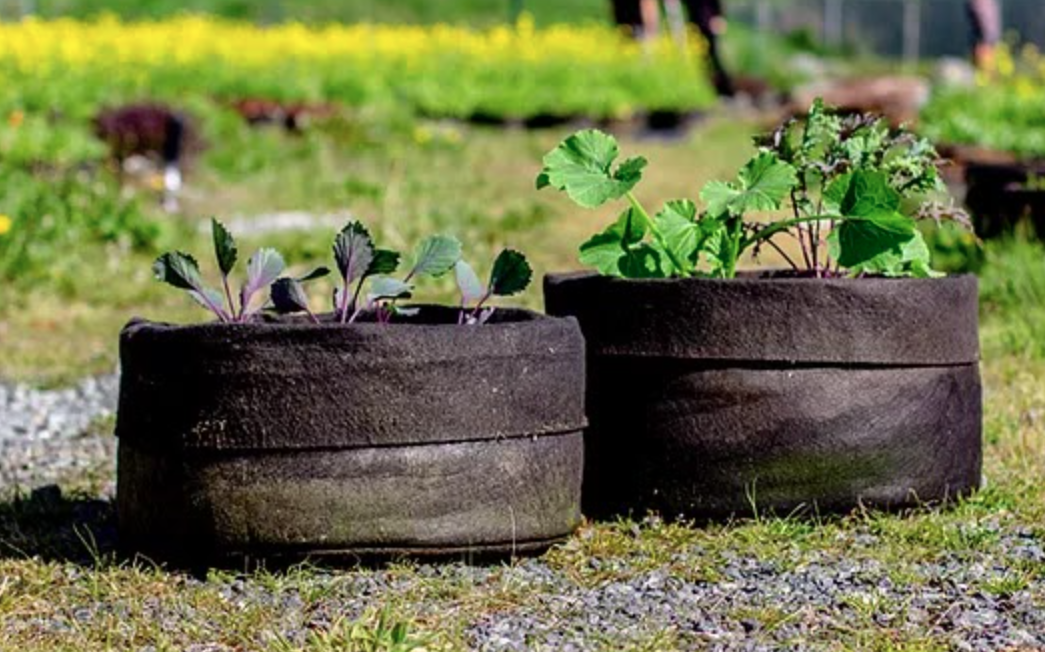Local eco group gives people the means to grow their own food at home.

The Food Eco District (FED) is looking to give out 500 garden starter kits to people in need in Victoria through the My FED Farm program, for its second consecutive year. They offer the starter kits to those facing barriers to healthy food first and foremost, with the aim of making fresh food more affordable and accessible.
FED program manager Brianna Stewart says the program was started in response to the pandemic.
“With COVID-19, everything kind of fell apart,” she says. “Everything just completely stopped in its tracks in terms of a lot of our programming, and it was sort of like, ‘what can we do? How can we help? Can we get people garden kits?’”
The FED is a collaboration of local businesses and restaurants in downtown Victoria. The group, which spans a 2 by 4 block district, includes 14 restaurants and cafés that aim to integrate edible gardens and educational installations into urban spaces, and focuses on sustainable food systems and eco-friendly practices.
Stewart says that a feeling of geographical disconnection played a role in the program’s genesis, since Vancouver Island imports most of their food. The program gives people the means to feed themselves and their families, even if there theoretically comes a time when supplies from the mainland dry up.
“Being on an island here, we were wondering how the pandemic might affect the supply chain, and one thing that we could do would be to help people grow their own food,” she says.
The kits provided contain planters, soil, seeds, and starter plants, and are a decent size to fit nicely onto a balcony, patio, or in a backyard Stewart says that the kits were designed with people in mind who may not have a lot of available space.
Previous recipients of a kit aren’t eligible for another one. The FED also doesn’t provide refills; when people run out of supplies, it’s up to them to continue on their own. However, they do provide a list of inexpensive resources available to help.
“Our goal with this project is really to get people started and not necessarily to support them in growing indefinitely,” says Stewart.
Stewart thinks this will be an opportunity for people to get outside, and focus on learning something new. She hopes they’ll gain a personal connection with their own food, which will have a positive benefit on their mental health.
“I would also say just the connection to food, where it comes from, and how maybe it tastes different when you grow it on your own, whether that’s because of all the love, sweat, and tears you put into it, or because, in fact, it does taste better when it’s fresh,” says Stewart.
“Growing your own food also helps with the grocery bill; for a lot of people that were laid off, that could help with that.”
Although the program is open to everyone, Stewart says that they use a light screening process to understand a person’s level of need, in order to determine if they are eligible.
“We are really aiming to prioritize greatest need first, getting those gardens out to the most vulnerable, or the populations that have been the most disproportionately affected by the pandemic,” she says, “and we really wanted to focus on people who had been laid off, frontline workers, just trying to provide some support in a very challenging time.”







